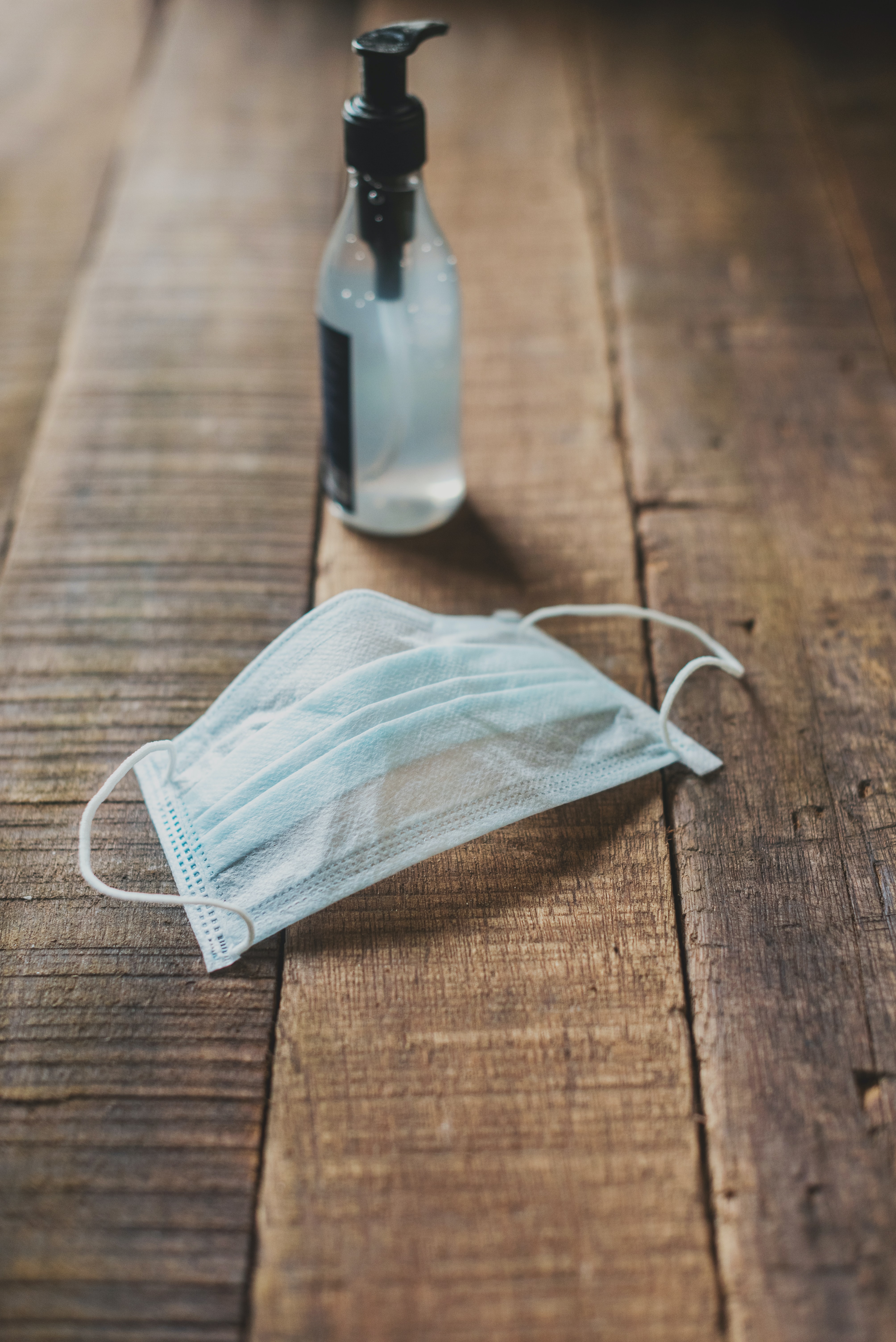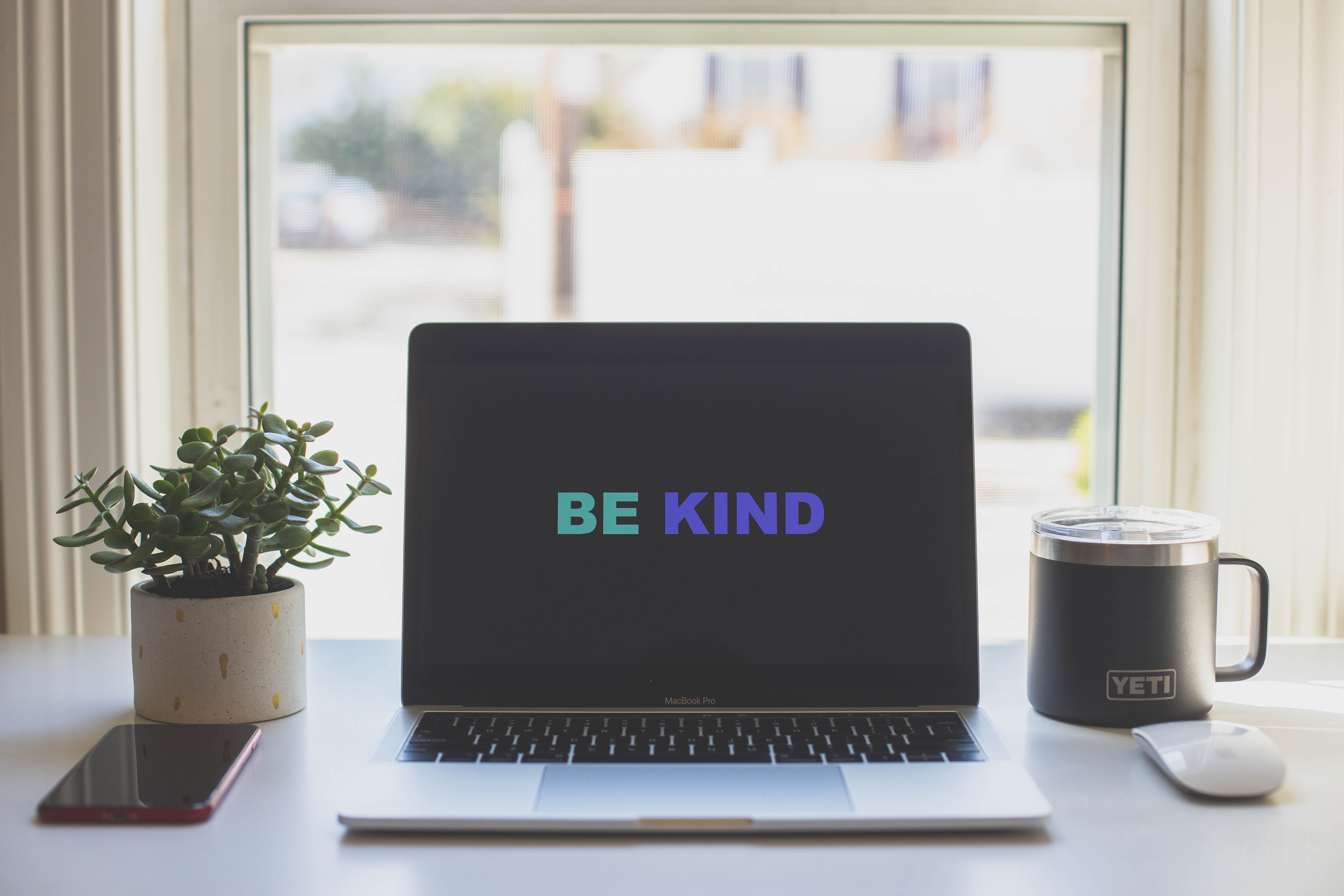 You’ve been out of work or working from home for weeks, months? How do we adjust to the “new normal”?
You’ve been out of work or working from home for weeks, months? How do we adjust to the “new normal”?
Welcome back, almost. We’ve been living in this strange new world for eight weeks, and we are all anxiously awaiting being able to get back to “normal”, whatever that looks like now. If you’re anything like me, you’ve started to accept this as the new normal. Working from home, not working, doing DIY projects at home you found on Pinterest (or your significant other found on Pinterest), making TikTok’s with your kids, or by yourself (okay maybe that’s just me), baking banana bread, just to name a few of the things that have taken place.
The push to reopen the economy is accelerating. After weeks of social distancing and working from home, many Americans are heading back to work — and many employees and consumers are anxious about their safety. Here’s a few things to keep in mind as we start reopening our businesses and getting back to work, “normal”.
Footshaking. “I don’t think we should ever shake hands ever again, to be honest with you. Not only would it be good to prevent coronavirus disease; it probably would decrease instances of influenza dramatically in this country,” Dr. Anthony Fauci, the Director of the National Institute of Allergy and Infectious Diseases, said when interviewed by Wall Street Journal.
But don’t celebrate the death of handshakes just yet, warns according to Cara Silletto, president and chief retention officer at Crescendo Strategies. “I believe the handshake is over for 2020, but I have serious doubts that it will be gone for good,” she said. “It’s too deeply ingrained in our culture and behavior as a way to physically connect with one another. Once the current pandemic health threats have diminished, many people will accept handshaking again, but they will need to respect those who choose not to shake hands, and still carry hand sanitizer.”
Have you seen the “footshake”? Need a tutorial? This is something I learned about via TikTok… try it out and let me know how it goes! This may be the new normal, at least for the remainder of this year.
Check this gif out from the 90’s (it’s rapper duo Kid ‘N Play with their famous dance move).
Sweatpants. I’m not saying whether I’m wearing sweatpants these days, but I am finding I prefer a drawstring. While stores say that COVID-19 induced anxiety and dim economic forecasts have caused a steep drop-off in overall fashion sales, sweatpants appear to be an exception — their popularity spiking at a rate that may indicate they are the biggest (and perhaps only) trend in fashion right now.
With restaurants and nonessential stores closed by mandate and most professionals working from home, fashion status symbols have been rendered nearly useless. Consumers have few places to go that require any degree of style or savoir-faire, and in turn have begun dressing for comfort. As much as I love my sweatpants, we must face the inevitable halt to wearing these every day. Be prepared to get out your more formal attire. And possibly try it on prior to your first day back, given the fact of close proximity to the fridge we’ve had the last several weeks… bringing me to my next point.
Diet and Sleep. Start readjusting your sleeping and eating habits NOW. The fridge has been right around the corner, boredom has been frequent, and Netflix shows are addicting. Time to start getting back into the swing of things. Go to bed at a reasonable hour, wake up early, and eat better starting now. Here’s some advice from the Sleep Foundation.
Establishing a routine can facilitate a sense of normalcy even in abnormal times. It’s easier for your mind and body to acclimate to a consistent sleep schedule, which is why health experts have long recommended avoiding major variation in your daily sleep times.
Sleep-specific aspects of your daily schedule should include:
- Wake-Up Time: Set your alarm, bypass the snooze button, and have a fixed time to get every day started.
- Wind-Down Time: This is an important time to relax and get ready for bed. It can involve things like light reading, stretching, and meditating along with preparations for bed like putting on pajamas and brushing your teeth. Given the stress of the coronavirus pandemic, it’s wise to give yourself extra wind-down time each night.
- Bedtime: Pick a consistent time to turn out the lights and try to fall asleep.
In addition to time spent sleeping and getting ready for bed, it can be helpful to incorporate steady routines to provide time cues throughout the day, including:
- Showering and getting dressed even if you aren’t leaving the house.
- Eating meals at the same time each day.
- Blocking off specific time periods for work and exercise.
Other ideas to help keep or regain a normal sleep schedule:
- Reserve your bed for sleeping.
- Spend sometime outside in the daylight.
- Stay active and exercise regularly.
- Practice kindness and foster connection.
- Utilize relaxation techniques.
- Watch what you eat and drink.
Read the full article from the Sleep Foundation here.
Eating and sleeping go hand in hand. In order to sleep well, you have to eat well. Here’s a few tips on eating well, especially during a global pandemic;
- WHEN you eat is just as important as WHAT you eat. Curb eating two to three hours before you plan on hitting the hay. Eating right before bed is like asking your body to multitask, it can take food 6-8 hours to pass through your stomach and small intestine, so eating right before bed keeps your digestive tract up all night. Nighttime cravings versus actual hunger are different things.
- Making healthy dietary choices across the board will benefit your sleep. Try to reach for whole foods and complex sugars all day, not just before bed. If you opt for plant based whole foods, like fruits, legumes and veggies, which are high in fiber and important nutrients throughout your day, your sleep will likely benefit.
- Super sad, but nightcaps are bad news for sustained slumber. Alcohol changes REM, or rapid eye movement, throughout the night. Moderate to high doses of alcohol cause a decrease in REM sleep.
Oh, I should add that I’m not sure that my Uncle’s recipe for Bacon Wrapped Asparagus counts as a healthy choice, so, please be honest with yourself as you get to eating healthy again.
Help Your Immune System. The COVID-19 pandemic has exerted a heavy toll worldwide—especially on healthcare professionals on the front lines fighting the virus. Taking steps to protect yourself by boosting your immune health are absolutely warranted.
So, how can you improve your immune system? Overall, your immune system does a remarkable job of defending you against disease-causing microorganisms, but sometimes it fails. Is it possible to intervene in this process and boost your immune system? What if you improve your diet? Take certain vitamins or herbal preparations? Make other lifestyle changes in the hope of producing a near-perfect immune response? Your first line of defense is to choose a healthy lifestyle. Following general good-health guidelines is the single best step you can take toward naturally keeping your immune system strong and healthy. Every part of your body, including your immune system, functions better when protected from environmental assaults and bolstered by healthy-living strategies such as these:
- Don’t smoke.
- Eat a diet high in fruits and vegetables.
- Exercise regularly.
- Maintain a healthy weight.
- If you drink alcohol, drink only in moderation.
- Get adequate sleep.
- Take steps to avoid infection, such as washing your hands frequently and cooking meats thoroughly.
- Try to minimize stress.
Personally, I am loading up on the vitamins including Zinc! Zinc, a nutrient found throughout your body, helps your immune system and metabolism function. Zinc is also important to wound healing and your sense of taste and smell. With a varied diet, your body usually gets enough zinc. Food sources of zinc include chicken, red meat and fortified breakfast cereals. I figure that adding a little extra support couldn’t hurt.

Opinions are like… We all have our opinions on what is taking place in our world, but it is important that we respect each other as we continue to move forward. Some individuals will feel more comfortable continuing to work from home or not working at all and that is okay. Others have different beliefs; they do not fear. They want life to go back to normal. This is also okay. Both sides will need to research and acknowledge the potential consequences of their actions and decide what is best for themselves. Just be respectful of each other. And more so than respect, be kind.
{{cta(’81d8e030-97be-4420-ab03-a44363808a26′)}}

